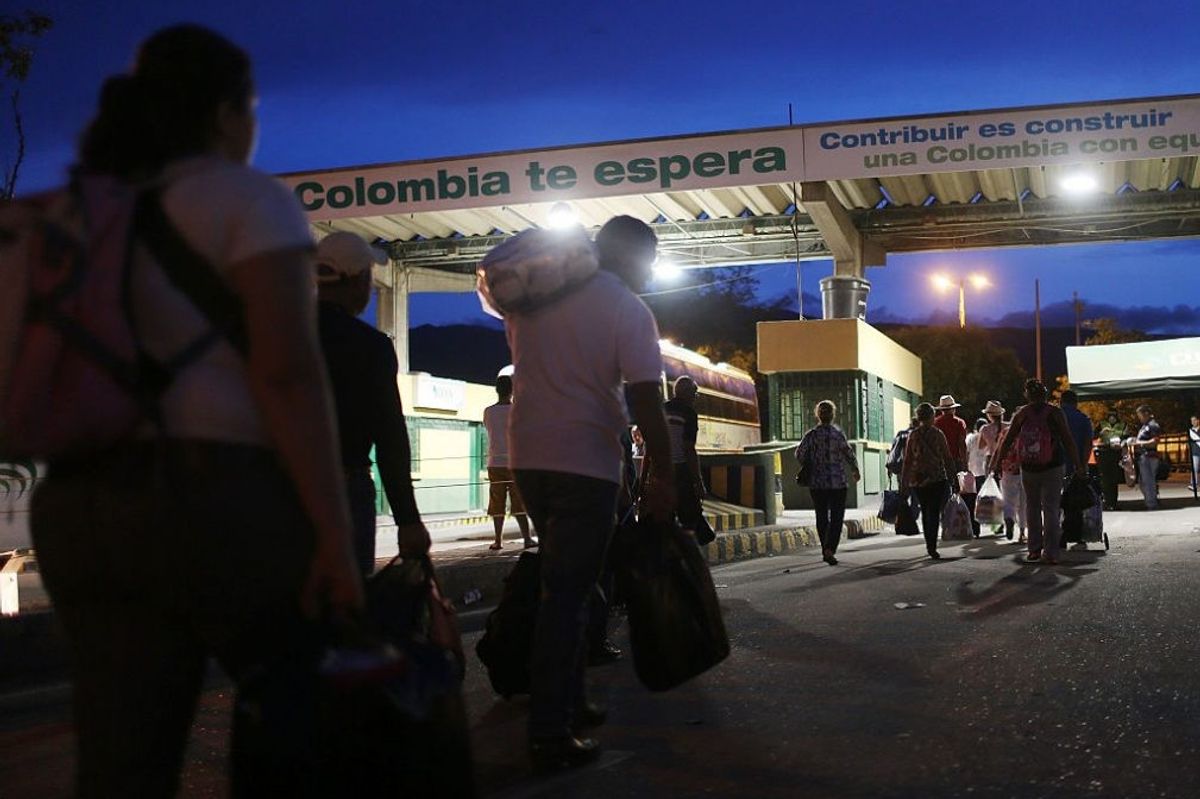The Rio Olympics – which kicks off tonight with the opening ceremony at the Maracanã Stadium – is a missed opportunity for Brazil to assert itself on the world stage, experts and Brazilian natives tell The Cipher Brief. That being said, the expectations for the Games are so low that they are sure to be classified a “success.”
“The entire world really does not expect the event to be a success. The good thing about that is it is very likely Brazil will more than reach the expectations that have been set for the Olympics at this time,” says Andrea Murta, Associate Director at the Atlantic Council’s Adrienne Arsht Latin America Center.
Nine years ago, when Brazil entered its bid to host the 2016 Summer Olympics, it did so in a climate of excitement and power, as one of the rising world economies (the so-called BRIC: Brazil, Russia, India, China). It was seen as a land of economic strength in the middle of South America, and its international reputation as a leader among emerging nations was growing. When it was awarded the Games in 2009, Rio de Janeiro became the first South American city set to host the Olympics.
But now, the country’s economic and political crises, health concerns relating to the Zika virus, and other negative spotlights shining on Brazil in the lead up to the Games have all contributed to the current low expectations, which will assure the Games’ “success,” if not Brazil’s reputation as a world leader – according to Murta, who is from Brazil.
The necessary infrastructure to accommodate the mass numbers of tourists, Brazilians, athletes, and foreign dignitaries flocking to Rio de Janeiro – although likely less than expected when Brazil won the bid for the Games back in 2009 – is more or less there. “Some of the public works were completed, some were not [but] when you come closer to the events, people realize that what needed to be ready was, in fact, ready,” says Director of the Wilson Center’s Brazil Institute, Paulo Sotero.
The competitions themselves are expected to go without a hitch, says Murta. “The athletes that made the decision to go to Rio will enjoy a competition up to standard,” she comments.
Domestic security is the one area that threatens to taint the presumed “success” of the Games. Although Rio is conducting the largest security operation in its history – with 85,000 federal, state, and municipal security personnel deployed to fight crime in the city – police violence is a valid concern.
Pedro Abramovay, Director of the Latin America Program at the Open Society Foundations and a former official in Brazil’s Ministry of Justice, said at a recent gathering in Washington that police violence in Brazil is getting worse in the lead up to the Olympics.
Murta echoes that, noting that “Brazil has a police force that’s known for being violent and having problems with human rights abuses.”
Yet Sotero points out that this is a problem with police forces everywhere, even here in the United States, and that having the world’s attention on Brazil during the Games will actually pressure police to avoid abuses and “do what they’re paid to do: to prevent crime and protect the people.”
Another concern that has the potential to validate people’s low expectations and thus thwart a “success” is an international terrorist attack. The Cipher Brief spoke with analysts, who say the threat of an attack is low, but rising, due to the possibility of uncoordinated attacks, like the recent “lone wolf” attacks across Europe.
But even if one of these attacks were to occur, the Brazilian government would likely not be blamed. Robert Muggah, Research Director at the Rio-based Igarapé Institute, says Brazil has been preparing for the terror threat for years: “Brazil’s military, intelligence, and police have prepared for a range of terrorist scenarios – whether from land, sea, or air. They have also assembled a robust cyber-security infrastructure that includes the intelligence agency (ABIN), the Armed Forces Cyber Command, and the Internet Steering Committee.”
This preparation, however, is largely targeted toward thwarting an organized plot. Brazil is less prepared for a lone wolf-style attack, but that is “a factor of a much larger problem that the whole world is facing,” says Murta.
The consensus seems to be, the Games will go relatively smoothly – barring any major terror attack, that could hardly be blamed on the Brazilian government – and, therefore, Brazil will emerge unscathed, although not glorified by the international community, as it once hoped.
Kaitlin Lavinder is a reporter at The Cipher Brief.










